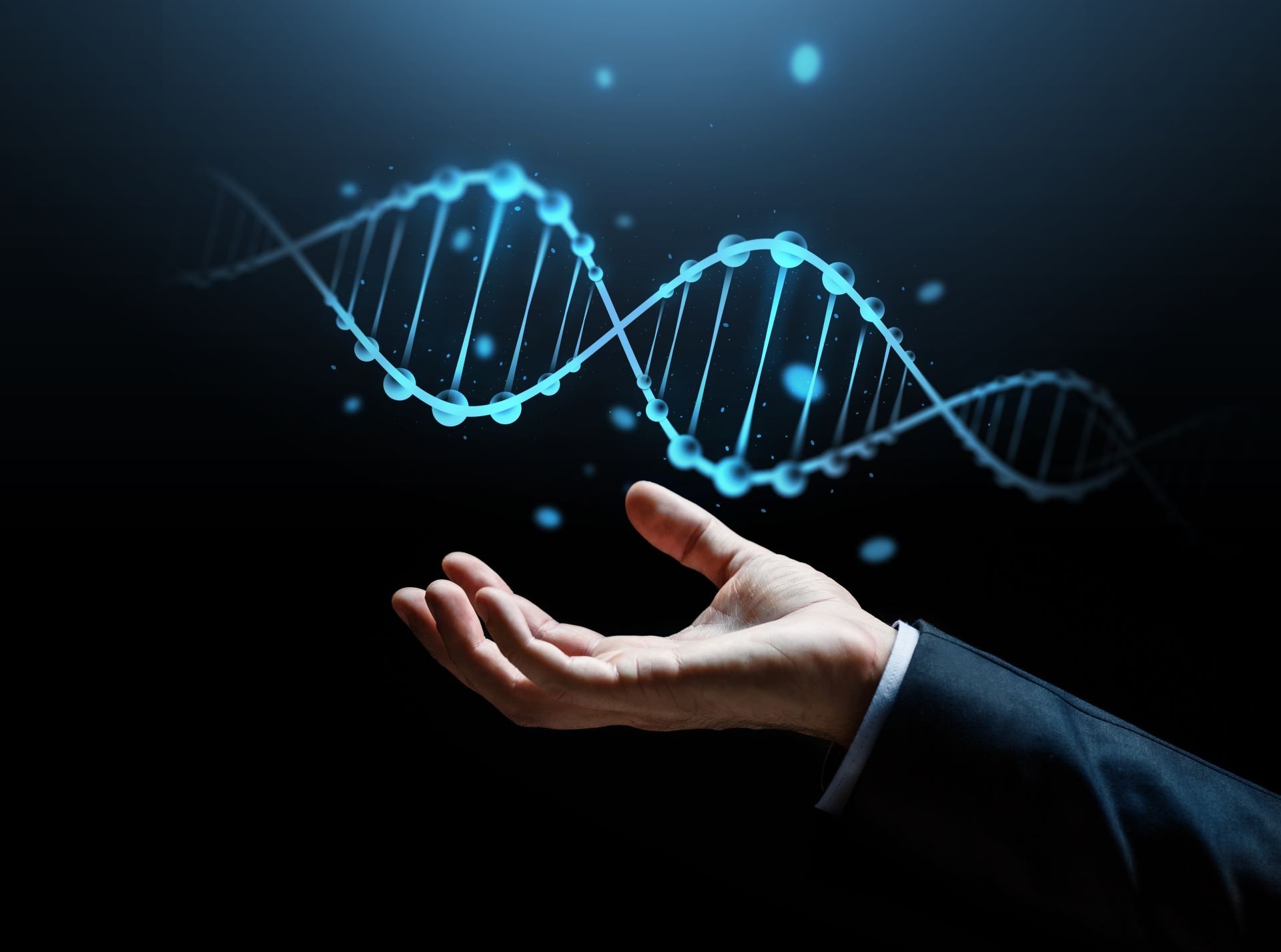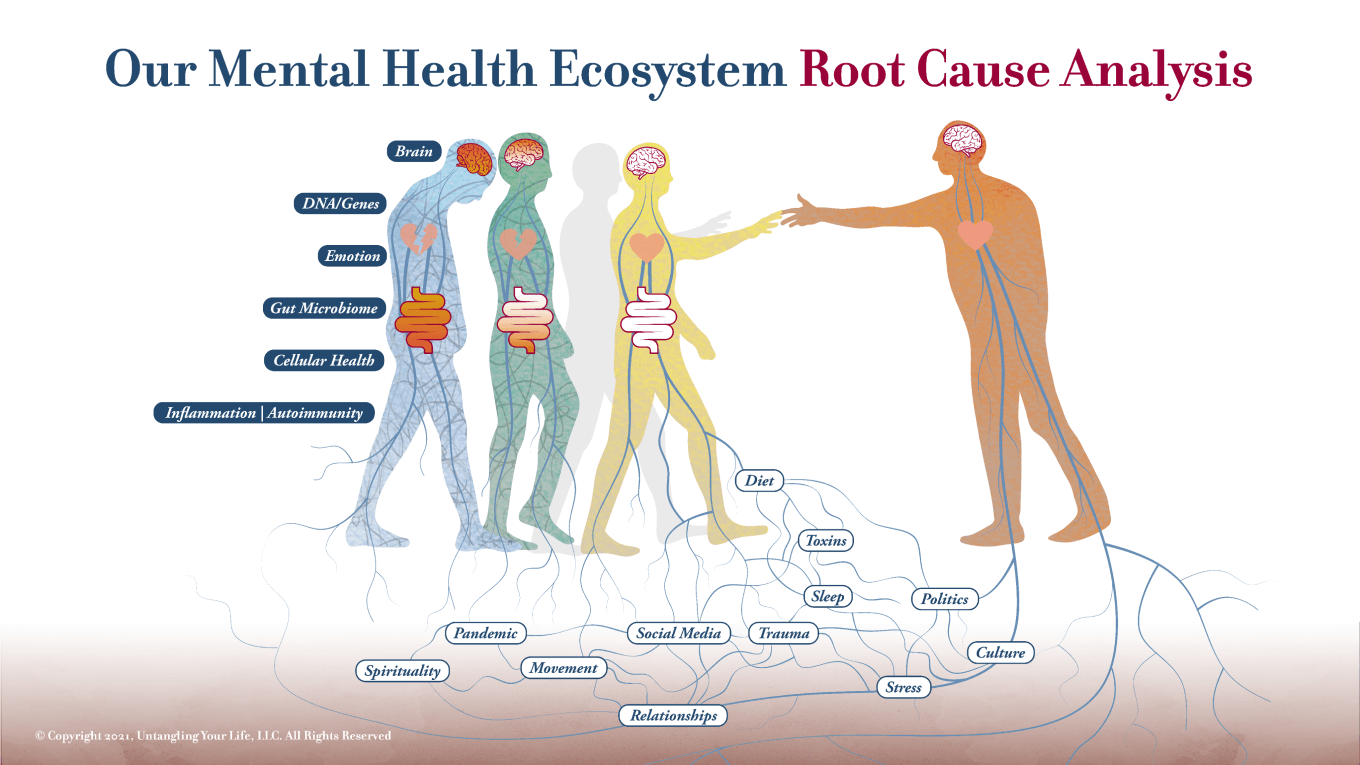Genetic Testing
Precision Psychiatry through Genetic Testing
- Home
- Genetic Testing
- Mental Health Genetic Testing
The future of mental health treatment is here.
Over the last twenty years, incredible advances in genetics have made one thing clear: your DNA holds countless insights into the state of your mental health—and genetic testing is the key to unlocking them.
Since 2013, we’ve used genetic testing to help thousands of our patients, to assess how DNA plays a role in their mental health—and to build a treatment plan tailored to their unique genetic and epigenetic blueprint. We are nationally recognized experts in the use of genetic testing to help our patients feel better, faster, at less cost.

Using genetic testing to reshape your mental health destiny
How is personality formed? What causes emotions to arise? What causes mental illnesses to take shape? Most importantly, what can you do about it?
The realm of the mind can often seem like a mystery—but it doesn’t have to be.
Cutting-edge research shows that our genetic code plays an important role in our emotions, stress levels, cognitive functioning, sleep patterns, eating behaviors, immunity, and more. Your genes, combined with environmental factors, shape your mental health ecosystem—sometimes for the worse.
Put simply, genetic testing helps to pinpoint the genetic root causes of your emotional suffering and plays a vital role in determining what treatment is best for your precise biological needs. We work with Genomind and IntellxxDNA scientists to bring you the latest gene-based treatment interventions.
All that’s required is a simple cheek swab or saliva sample. We will handle the rest.
As leaders in mental health genetic testing, we have administered tests to thousands of patients and have seen positive results.
Genetic testing reduces the cost of psychiatric treatment by addressing your emotional pain more efficiently and precisely than a trial-and-error approach.
In one study, 87% of patients with mood or anxiety disorders who used genetic testing showed clinically measurable improvement within three months.
Our Root Cause Psychiatry® program pairs genetic testing with other sophisticated laboratory tests to blueprint a treatment plan aimed at full recovery.

Learn more about genetic testing
Explore how genetic testing can help your mental health
How genes help determine your mental health
Your DNA holds valuable information about who you are, what you think, and how you react.
What is “epigenetics”—and why should you care?
Thanks to epigenetics, how your genes are expressed toward health or illness is a constantly changing dynamic.
Genetic testing and mental illness
Can your genes make you depressed? Research suggests the answer is yes—but it’s complicated.
.png?width=144&height=144&name=Untitled%20design%20(34).png)



